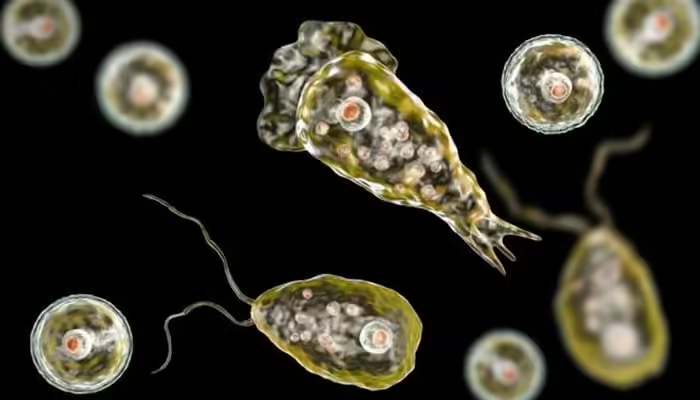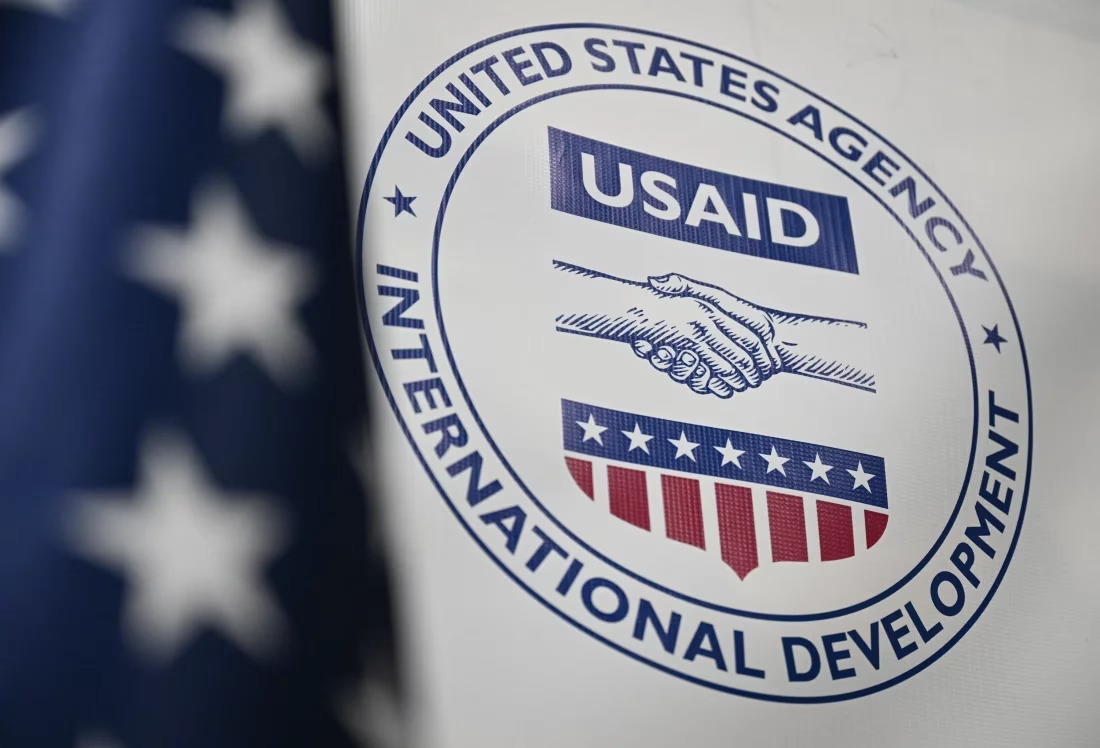In a tragic development, Karachi has witnessed its first death due to Naegleria fowleri, commonly known as the “brain-eating amoeba,” this year. The health department’s spokesman confirmed that a 19-year-old male, who had been undergoing treatment at a private hospital, succumbed to the virus.
The victim, a resident of the Eastern district of Karachi, was admitted to the hospital on August 21, 2024. The diagnosis of Naegleria fowleri was confirmed just a few days later, on August 25, 2024. This rare but severe infection has raised concerns within the health community and among the general public due to its high mortality rate and the lack of effective treatment options once symptoms develop.
Naegleria fowleri is a free-living amoeba that is typically found in warm freshwater environments such as hot springs, lakes, and poorly maintained swimming pools. The infection is extremely rare but often fatal. It is contracted when contaminated water enters the body through the nose, leading to an infection of the brain. The disease, known as primary amoebic meningoencephalitis (PAM), progresses rapidly and is usually fatal within a week to two weeks after symptoms begin.
In response to the recent case, health officials are urging the public to take preventive measures to avoid exposure to potentially contaminated water sources. This includes ensuring that recreational water activities are conducted in well-maintained and chlorinated pools rather than natural water bodies, which can harbor the amoeba. Additionally, individuals are advised to use nose clips or avoid submerging their heads in warm freshwater environments.
The health department has launched an awareness campaign to educate the public about Naegleria fowleri, focusing on the symptoms and preventive measures. The symptoms of PAM include severe headaches, fever, nausea, vomiting, and a stiff neck, which can rapidly progress to confusion, seizures, and coma. Early detection and immediate medical intervention are crucial for survival, though even with treatment, the chances of recovery are slim.
The death of the young man in Karachi highlights the ongoing risks associated with Naegleria fowleri, despite it being a rare occurrence. Health authorities continue to monitor the situation and ensure that water quality standards are adhered to in both public and private swimming facilities. They are also working closely with local municipalities to address any issues related to water safety and contamination.
This tragic incident serves as a stark reminder of the importance of maintaining proper hygiene and safety practices when engaging in water-related activities. The health department emphasizes the need for vigilance and preventive measures to protect oneself and loved ones from this dangerous infection.
As Karachi deals with this unfortunate event, there is a call for increased public awareness and better safety protocols to mitigate the risks associated with Naegleria fowleri. The authorities are committed to ongoing surveillance and preventive strategies to ensure the health and safety of the community.
The death of the young man due to Naegleria fowleri underscores the critical need for public education on the risks associated with this amoeba and the importance of preventive measures. Health officials are hopeful that with increased awareness and adherence to safety guidelines, the incidence of such infections can be reduced in the future.



